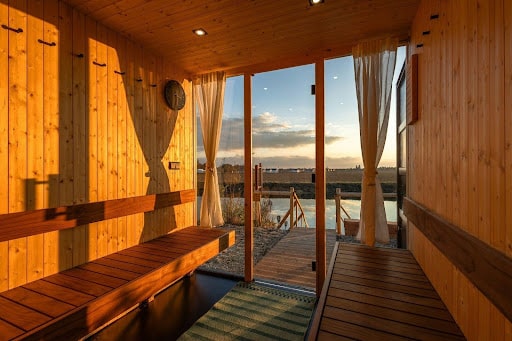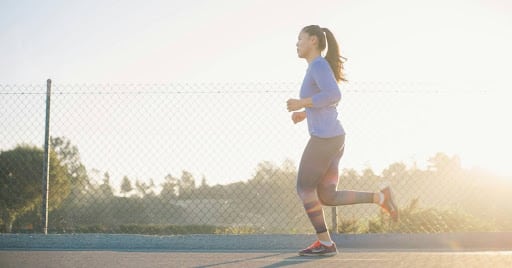Whether you need to train for an upcoming competitive baseball or adult softball season, a 5k for charity, or you simply want to get in better shape, cardiorespiratory training (i.e. walking, cycling, running) plays a key role.
There is more to being fit than simply lifting weights. Cardiorespiratory fitness enables the heart to grow bigger and stronger and deliver a higher cardiac output to the muscles. During training the chambers of the heart enlarge, allowing an increase in the amount of blood pumped per beat. Your blood pressure will lower and oxygen will be better suited to reach the muscles during endurance training.
There are key muscles that will adapt during regular cardiorespiratory training. These muscles include the diaphragm and the group of muscles that pull the ribcage upward (during the inhaling stage) and downward (during the exhaling stage). These muscles will not necessarily grow in size as a bicep or quadricep would, but they will be able to sustain greater ventilation for longer periods than what you could do before training.
Regardless of the type of athlete you are, or the sport you may be focussing your fitness on, we all reach a maximal aerobic capacity, usually within 6 months of training. This capacity, or the amount of oxygen (in mL) that a person can use in one minute per kilogram of body weight, will increase with training, but it will plateau and level out at around the 6 month mark. Don’t be discouraged! Your lactate threshold (LT), or ventilatory threshold (VT), during regular exercise, can continue for years. This means your body will adapt to the need to clear out lactic acid as it accumulates in the blood. This is a crucial benefit to adding and progressing with cardiorespiratory training as a major part of your fitness routine.
So how do you implement this type of training into your workout sessions? Begin with a warm-up, continue with the conditioning phase, and finish with a cool-down.
The warm-up should be done before any stretching. It is lighter exercise lasting 5-10 minutes. It can gradually increase in intensity and it mainly depends on the type of training you are about to engage in during the conditioning phase. For instance if you are about to run 10 miles as you train for a marathon, you would want to increase the warm-up slightly until the last minute to ensure your muscles are ready for what you are about to put them through. Be careful not to tire yourself out, however, as it is still a warm-up. Similarly if you were going to run sprints on a football field, you would want your last minute to be close to the speed you are about to run while sprinting.
The conditioning phase should always be in line with your fitness level and based upon your goals. A personal trainer, physical therapist, or other health professional are always the best options at programming your frequency, duration, intensity, and method of training.
The cool-down phase should mimic the intensity and duration of the warm-up phase. Cooling down prevents blood from pooling in the extremities and reduces soreness. Stretching during this phase can also help with flexibility and muscles soreness.
The following are some examples of a cardiorespiratory training routines that can be used for any type of sport for which you may be training. These would fall into the “conditioning phase” category.
For a regular athlete or moderate exerciser, try this initial routine:
Warm-up: Fast walk or bicycle ride for 5 minutes followed by lunges (to dynamically stretch the legs)
Workout: 3 – 4 times per week at a “moderate” or “somewhat hard” intensity level for up to 30 minutes of continuous exercise. The type of training can include walking, cycling, running, elliptical training, or swimming.
Cool-down: Walk for 5 minutes followed by static stretching of the calves, hamstrings, quadriceps, and hip flexors and hip adductors.
Progressions can be made to increase time, and workouts can begin to reach an RPE (Rating of Perceived Exertion) in the range of “somewhat strong” to “strong”. Listen to your body. Don’t over-train. Your cardiorespiratory system needs rest like the rest of your body.
Be sure to drink 500-600 mL (17-20 oz) of fluids 2 hours prior to exercise. During exercise drink based on how much sweat you lose, or roughly 7-10 oz every 10-20 minutes. Once you are finished with your workout, consume 16-24 oz of fluid for every pound of body weight lost.
It’s that simple. You can get into better shape for your favorite sport or activity. You just need a plan and the proper guidance. Get creative with your workouts or meet with your favorite health professional to establish a fun, effective routine for your favorite sport.




